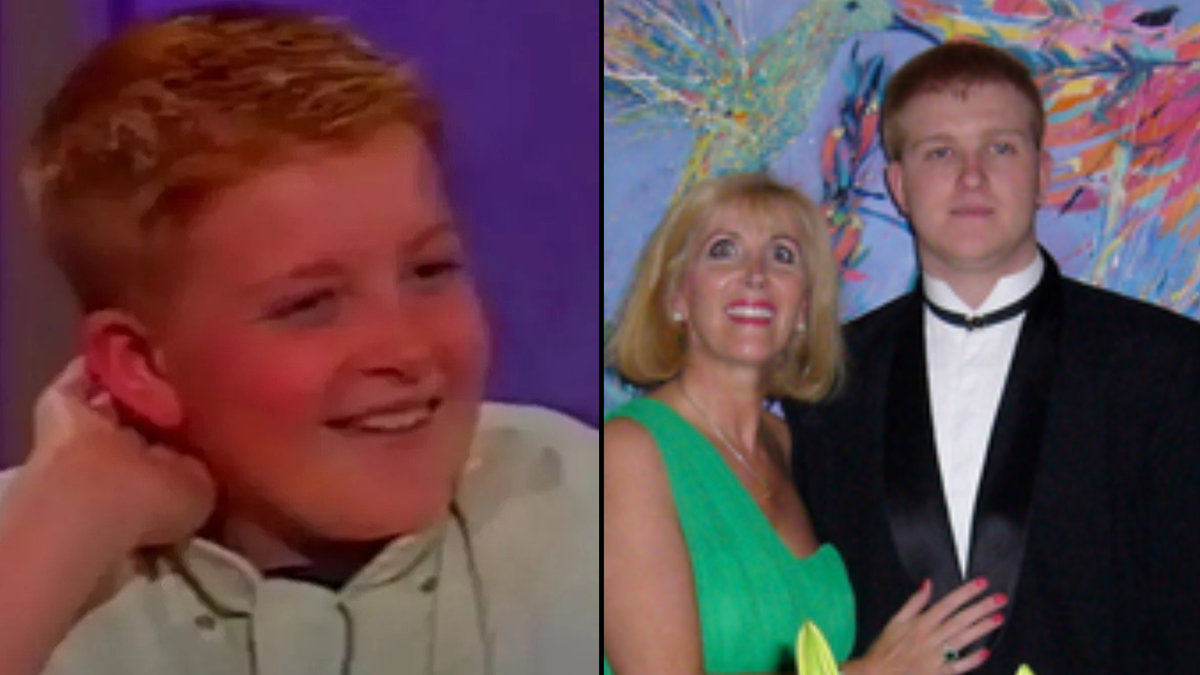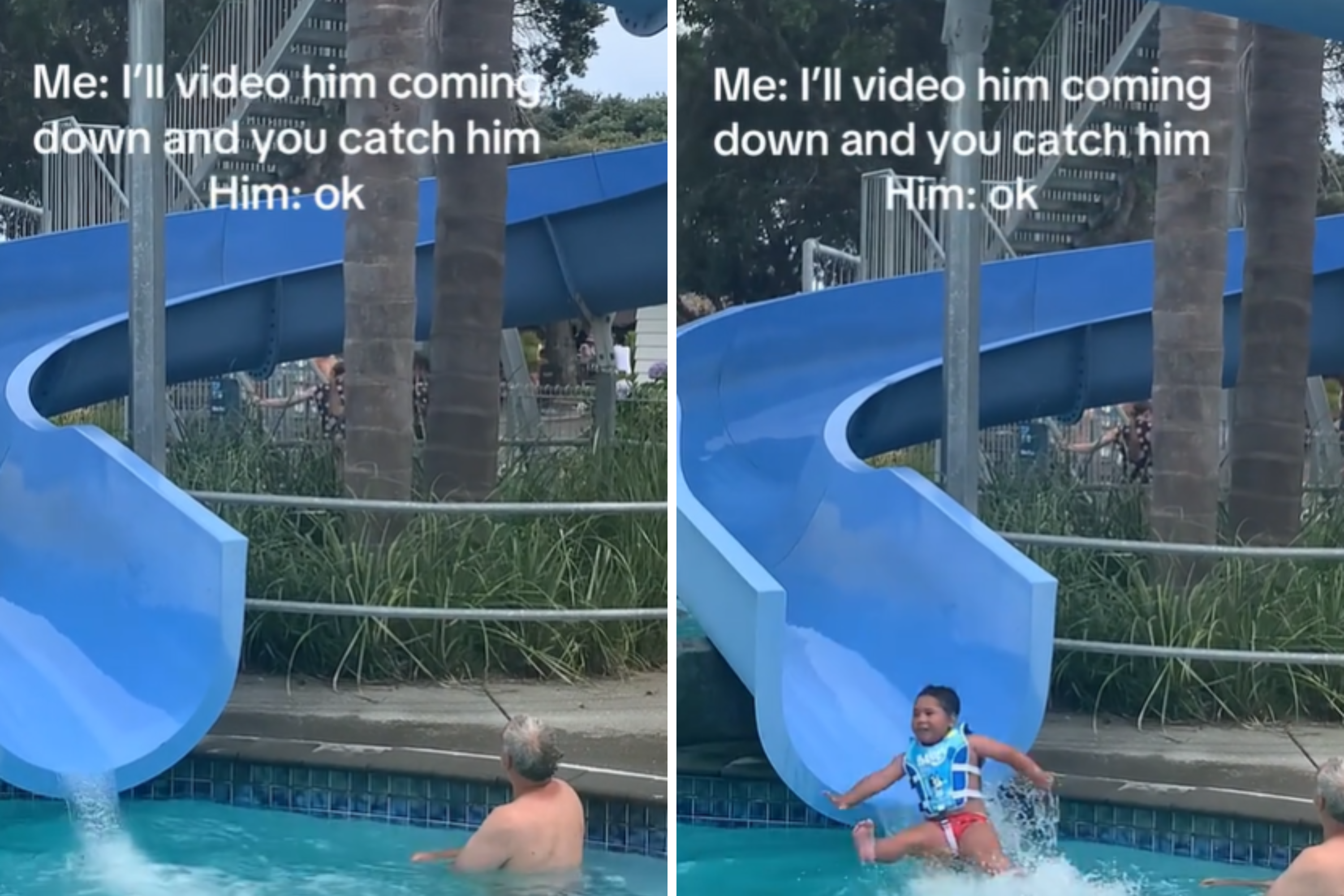The search for an autistic five-year-old boy who went missing in Oregon ended in tragedy when he was found dead on Tuesday.
McCoy was last seen alive at his home in Coos County on Saturday. The Coos County Sheriff's Office said the child and his mother took a nap at 1 p.m., and the boy was gone when she woke up at 5:30 p.m.
McCoy was found dead about 1.6 miles from his residence. The investigation into his death is still ongoing. The cause of death is still unknown and no one has been placed in custody in connection with the death.
McCoy who would have been six years old on November 16 had autism spectrum disorder.
Officials began searching for McCoy at 6:45 p.m. on Saturday. They learned that McCoy had a cell phone with him, but a ping of that phone did not give them any additional information about the child's whereabouts.

Deputies began searching the property and began investigating claims that McCoy had been picked up by a family member. The claims were not factual, the sheriff's office said.
The sheriff's office sent an "Attempt to Locate" (ATL) to surrounding agencies.
Officials searched the property and surrounding area on Sunday. Coos County Search and Rescue volunteers, K9 units and drone operators assisted in the search effort. A pond on the property was drained but yielded no information.
"The areas that have been searched have been very thorough and methodical due to the circumstances behind the disappearance," the Coos County Sheriff's Office said on Facebook.
Multiple agencies supported the search, including the Department of Homeland Security, FBI, Oregon State Police, National Center for Missing and Exploited Children, Bandon Police Department, Coos Bay Police Department, Lincoln County Sheriff's Office and California Oregon Regional Search and Rescue.
"Now is a time for healing and remembrance," Coos County Sheriff's Office said.
Missing Autistic Children
Newsweek interviewed renowned American psychologist Ami Kim, who has over 30 years of experience studying autism.
He suggested a potential link between water attraction and elopement behavior in individuals with autism. In this context, elopement refers to instances where individuals with autism escape, run, or wander away from their caregivers.
"Children and adolescents who have that problem tend to run into roads or bodies of water," Klin said. "Individuals with this profile have double the risk of premature death compared to their typical peers."
The National Autism Association reports children with autism are 160 times more likely to die from drowning than the general pediatric population.
"Individuals with autism do not gravitate to people; they gravitate to things," Klin said. "They tend to understand things better than they understand people."
Allie Tasche, VP of National Programs at the Autism Society of America told Newsweek there are preventive measures to ensure the safety of an autistic child.
She suggests using multiple layers of protection, such as pool fences, enclosures and door alarms on water sources. Additionally, employ a water watcher or stay in areas with lifeguards on duty.
GPS technology can track at-risk individuals, and life jackets should be worn, particularly by those who are not confident swimmers. Individuals at risk can also wear identification bracelets or pins.
Do you have a story Newsweek should be covering? Do you have any questions about this story? Contact LiveNews@newsweek.com




















 English (US) ·
English (US) ·